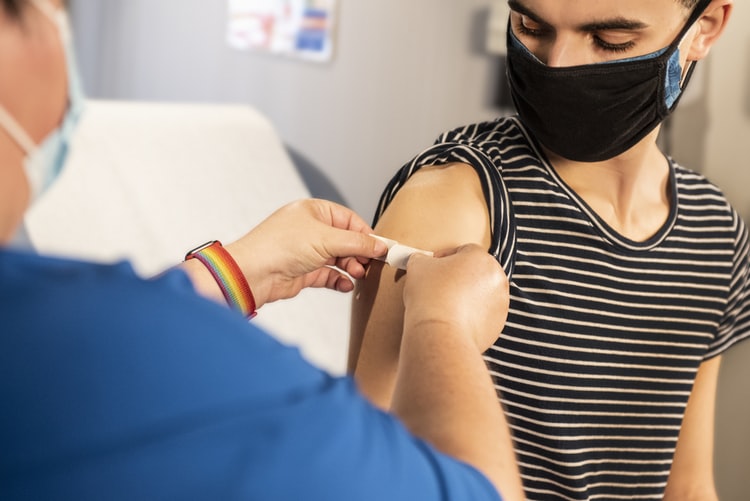To keep Ontarians healthy this flu season and prevent unnecessary visits to the hospital during the fourth wave of COVID-19, the Ontario government is launching one of the largest flu immunization campaigns in the province’s history, with the flu shot available to all Ontarians starting in November.
“Our government is prepared for flu season and is launching an even larger flu shot program this year to keep Ontarians healthy as we continue to respond to COVID-19,” said Christine Elliott, Deputy Premier and Minister of Health. “It is safe to receive the COVID-19 vaccine and the flu shot at the same time, so if you’re receiving your flu shot and still have yet to receive a first or second dose of the COVID-19 vaccine, now is the time.”
Last year, uptake of the flu vaccine by Ontarians was the highest in recent history. Building on this success, Ontario is investing over $89 million this year to purchase over 7.6 million flu vaccine doses, which is 1.4 million more doses than last year. This includes a total of 1.8 million doses specifically for seniors.
To protect the most vulnerable, Ontario’s initial supply of flu vaccine was prioritized for long-term care home residents and hospital patients beginning in September, and flu shots are now available for seniors and others most at risk for complications from the flu. Starting in November, the flu shot will be available for all Ontarians through doctor and nurse practitioner offices, participating pharmacies, and public health units. To further improve access and convenience to the flu shot and based on demand in recent years, pharmacies will receive approximately 40 per cent of the allocated doses, up from 36 per cent last year.
“The annual flu shot is the best defence against the flu this season,” said Dr. Kieran Moore, Chief Medical Officer of Health. “As we head into the fall and begin gathering indoors more often with family and friends, it is even more important to get your flu shot, in addition to following public health measures, to protect yourself and those around you.”
Each flu season, Ontario receives its supply of flu vaccine in multiple shipments from manufacturers over several months starting in mid- to late September based on the schedule negotiated between the federal government and manufacturers. Distribution and the ability for locations in Ontario to re-order additional supply of flu vaccine are based on the timing of shipments from manufacturers and the replenishment of the provincial supply. Ontarians are encouraged to be patient as it may take time for shipments to arrive to their local flu shot locations.
To help stop the spread this fall, Ontarians should continue to follow COVID-19 public health measures and advice in public settings, including wearing a face covering indoors, frequent handwashing, and maintaining physical distance from those outside their household.
Quick Facts
- Based on available data, flu vaccine uptake was closer to 40 per cent last season. In previous seasons, the uptake has been around 30 per cent.
- Last year, flu cases per the national and Ontario surveillance systems were historically low, with less than 25 cases of laboratory confirmed cases of influenza reported. This is in comparison to 12,829 laboratory confirmed cases in 2019/20 and 10,743 in 2018/19.
- The flu shot will be available at doctor and nurse practitioner offices, public health units and participating pharmacies for anyone two years of age or older. Children six months to two years old can get their flu shot from a doctor, nurse practitioner or local public health unit. Visit Ontario.ca/flu to find out when to get your shot.
- The flu vaccine is offered free of charge to anyone over the age of six months who either lives, works, or goes to school in Ontario.
- The National Advisory Committee on Immunization (NACI) now recommends that COVID-19 vaccines may be given at the same time as the flu vaccine.
- The flu shot is especially important for children under five, people who are pregnant and those 65 years and older who are at higher risk of hospitalization and flu-related complications, such as pneumonia, heart attack or, in some cases, death.
- Symptoms of the flu can include fever, cough, muscle aches, sore throat, headache and tiredness. If you or your children develop flu symptoms, contact your primary care provider.
- Some symptoms of COVID-19 are similar to the flu and it may be hard to tell the difference between them based on symptoms alone. Take the COVID-19 self-assessment to help you determine if you need to get tested and for guidance on next steps.
